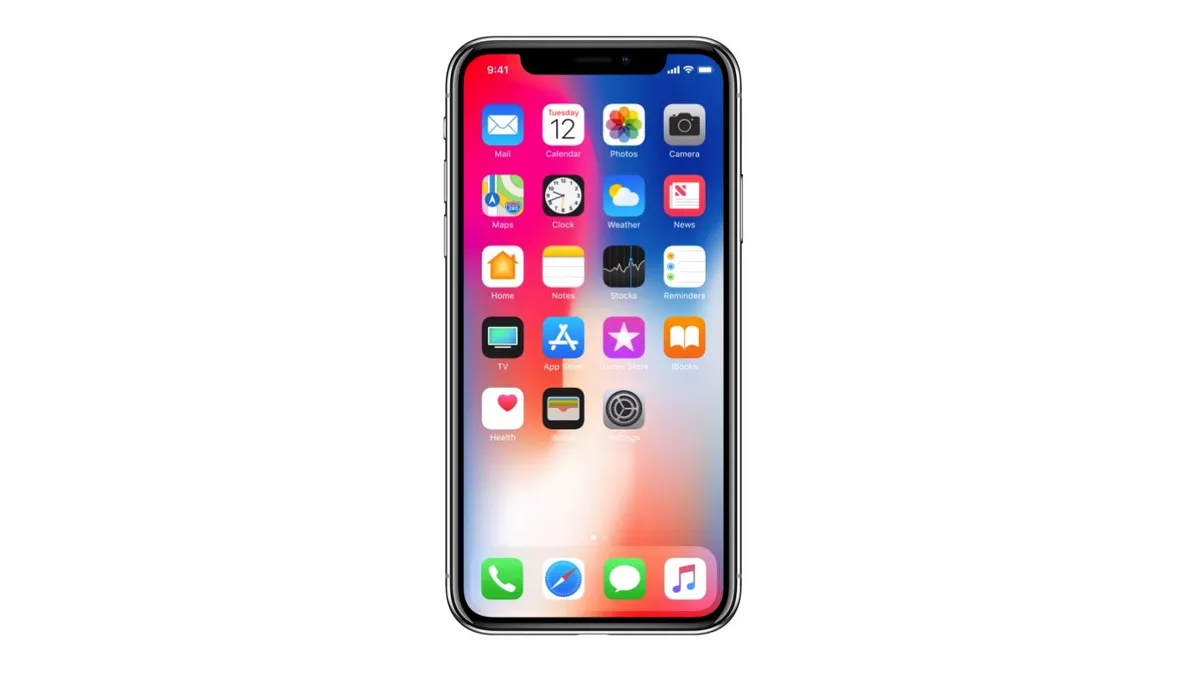Brief:
-
Apple overtook Samsung to become the biggest maker of smartphones with a market share that expanded to 19.2% in Q4 2017 from 18.2% a year earlier, per research from International Data Corp. Samsung's share also increased to 18.4% from 18%, but that wasn't enough to overtake Apple. Chinese smartphone makers Huawei, Xiaomi and Oppo rounded out the top 5 companies by market share.
-
While Apple and Samsung improved market share, the holiday season disappointed with total smartphone shipments declining 6.3% to 403.5 million units shipped from 430.7 million a year earlier, IDC said. Apple reported shipment volumes that fell 1.3% to 77.3 million in Q4 from 78.3 million a year earlier, while Samsung's dropped 4.4% to 74.1 million from 77.5 million.
-
U.S. and Chinese consumers weren't in a rush to upgrade to the latest generation of higher-priced flagship devices, such as the iPhone X and Galaxy S8, according to IDC. The only vendor to see a sales gain was Xiaomi, whose shipments nearly doubled to 28.1 million from 14.3 million a year earlier. Xiaomi targeted the emerging mobile markets of India and Indonesia with low-cost handsets such as Redmi 5A that retails for $78.
Insight:
It's hard to believe that the holiday season was actually disappointing for makers of mobile devices, especially after Apple last week reported a record profit of $20.1 billion for the final three months of 2017. That's 12% higher than the profit of $17.9 billion a year earlier. IDC attributed Apple's growing market share to its strategy of marketing numerous models at various price points to draw people to iOS. The company's flagship iPhone X that retails for $1,000 disappointed with fewer shipments than forecast.
IDC said customers resisted forking out a lot of money for high-end phones that featured bezel-less screens, advanced biometrics like Apple's FaceID and improved artificial intelligence. Those luxury features weren't enough to compel many consumers to upgrade from their existing handsets, which may mean that smartphone makers need to reconsider some of their pricing strategies to boost sales. Smartphone sales may be hindered in the future as consumers become more mindful about "digital diets," as Bloomberg describes them, and as the overall market continues to mature.
Silicon Valley insiders who are concerned about the attention-sapping effects of modern technology are more frequently experimenting with ways to log off. Tech entrepreneurs and workers are trying to limit the use of the gadgets and digital services they helped to create because of text messages, social media updates, emails and other distracting alerts. Google has observed the term "smartphone addiction" trending higher among online searches, indicating that consumers have grown increasingly worried about the effects of mobile technology, according to Bloomberg.









